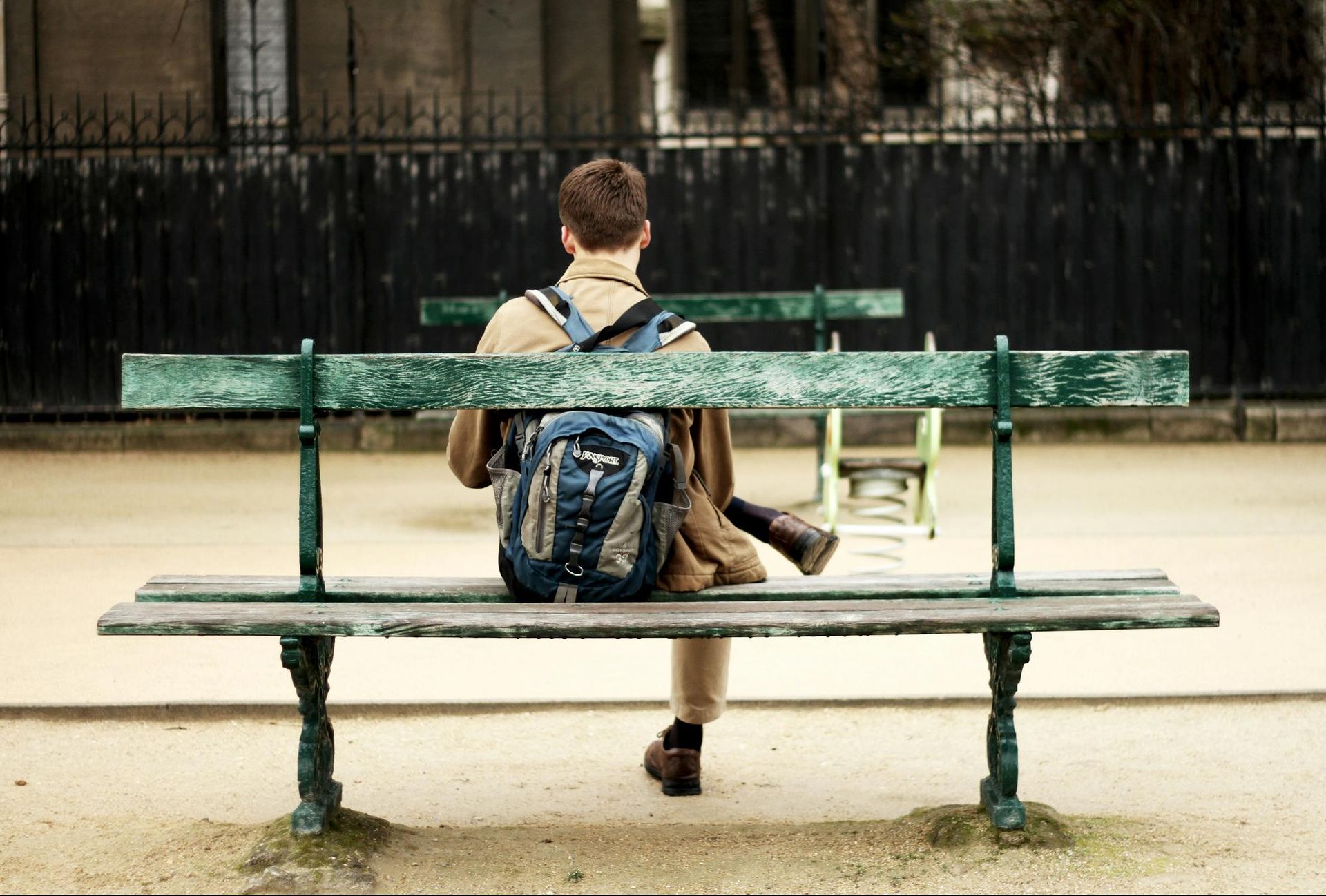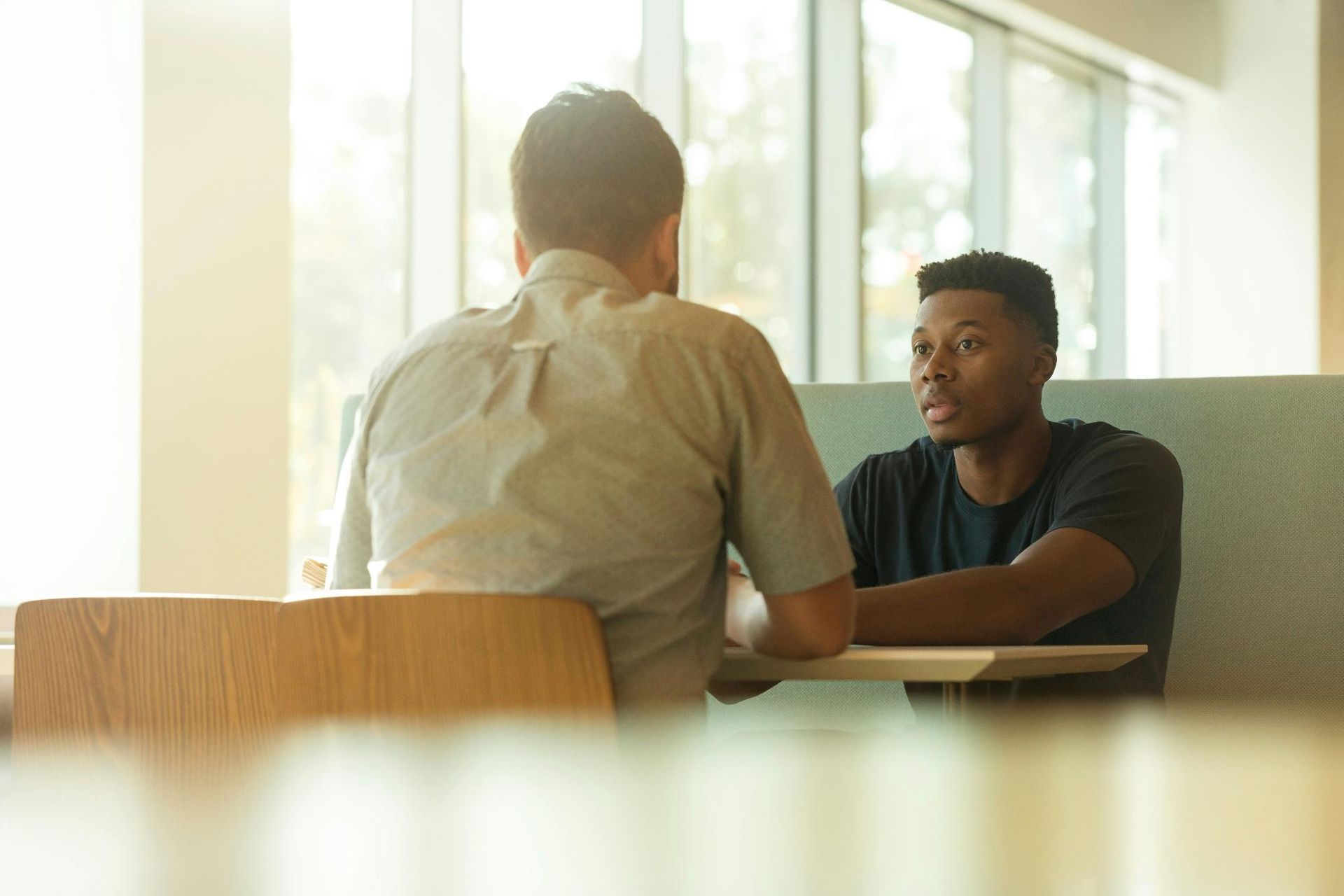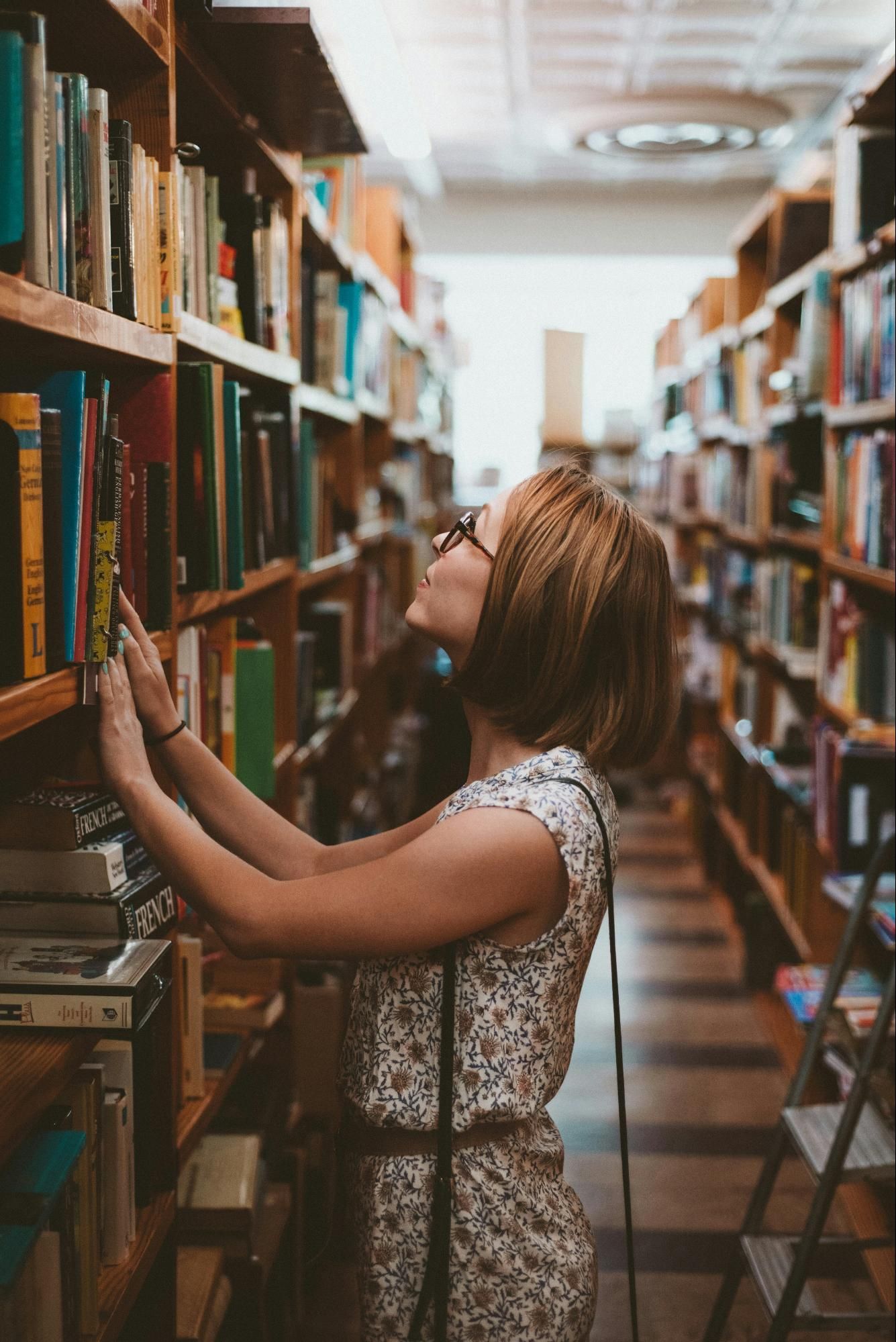Crafting Original Concepts: Mastering the Creative Process
The creative process thrives on divergent thinking and original ideas. Like a painter facing a blank canvas, writers often struggle to produce fresh content without relying on AI tools. Psychologists and educators emphasize the importance of nurturing innate creativity. In this article, we'll explore practical strategies to cultivate original ideas without AI assistance, helping you unlock your full potential as a writer.
Keep reading to discover how to tap into your unique voice and produce truly original work.
KEY TAKEAWAYS
- Embrace solitude to tap into your subconscious and uncover unique ideas
- Create a dedicated space for creative work to enhance motivation and problem-solving
- Draw from personal experiences and emotions to fuel original idea generation
- Engage with different cultures and perspectives to broaden your mind and generate fresh insights
- Collaborate with peers and embrace constructive feedback to refine and improve creative concepts

Embracing the Power of Solitude for Creative Thought
In the quest for originality, embracing solitude emerges as a powerful tool for creative exploration. By carving out quiet moments, individuals tend to tap into their subconscious, uncovering unique ideas that might otherwise remain hidden. This practice not only fosters personal growth but also cultivates leadership skills through self-reflection. As creators experiment with different approaches to solitude, they often discover new pathways for innovative thinking, free from the influence of artificial intelligence or external pressures.
Set Aside Dedicated Time for Solitude Each Day
Creating a daily routine for solitude enhances creative output by giving the brain time to process information and generate original ideas. Setting aside specific times for quiet reflection becomes an integral part of the creative workflow, fostering innovation without relying on AI tools. During these moments, techniques like mind mapping or design thinking can help explore new concepts. These methods tap into the brain's natural ability to make connections and solve problems, leading to fresh perspectives and innovative solutions. Regular engagement in solitary creative exercises strengthens the mind’s capacity for original thought.
Create a Personal Space Free From Distractions
Establishing a dedicated space for creative work enhances motivation and fosters problem-solving. This area, free from interruptions, allows individuals to delve deep into their thoughts and explore new ideas without the influence of AI or other distractions. The psychology behind a personal creative space involves creating an environment that stimulates knowledge acquisition and encourages self-feedback. By customizing this space to suit individual preferences, creators can optimize their surroundings for maximum creative output and original thinking.
Reflect on Personal Experiences and Emotions
Drawing from personal experiences and emotions fuels the generation of original ideas. Creators who tap into their unique life events and feelings often produce distinctive works that resonate with authenticity. This approach encourages self-reflection, leading to genuine and innovative outputs. Documenting emotional responses and personal insights in a journal or sketchbook creates a valuable resource for inspiration. This practice aids in idea development and provides a rich source of original content without relying on external citations or AI assistance.
Creating Without the Fear of Failure
Embracing failure as an integral part of the creative process is essential for fostering originality without relying on AI tools. As Adam Grant notes in his work on creativity, the fear of failure often stifles innovation and leads to safe, predictable outcomes. By reframing failure as a learning opportunity, setting achievable goals, and celebrating small victories, creators can build resilience and confidence in their unique abilities. This approach not only encourages risk-taking but also cultivates a growth mindset that thrives on challenges, ultimately leading to more authentic and ground-breaking ideas.
Acknowledge That Failure Is a Step Towards Growth
Embracing failure as a crucial step in the creative journey fosters resilience and innovation. Creators who view setbacks as opportunities for growth develop a mindset that encourages experimentation and risk-taking, leading to more original ideas and solutions free from the constraints of AI-generated content. By reframing failure as a learning experience, individuals unlock their potential for creative breakthroughs. Each unsuccessful attempt provides valuable insights that shape future endeavors, refining approaches, developing persistence, and ultimately achieving originality in their creative process.
Set Realistic Expectations and Small Achievable Goals
Setting realistic expectations and small, achievable goals helps creators build confidence and maintain momentum in their creative process. Breaking down larger projects into manageable tasks reduces overwhelm and increases the chances of success. Celebrating small victories reinforces positive habits and encourages continued effort. As creators achieve smaller goals, they develop a sense of accomplishment that fuels motivation to tackle more challenging aspects of their work. This strategy promotes organic growth in creative skills and originality by setting realistic deadlines, tracking progress, and celebrating each milestone.
Celebrate Small Successes in Your Creative Journey
Celebrating small successes in the creative process builds confidence and momentum. Acknowledging progress, no matter how small, cultivates a positive mindset that encourages further exploration and risk-taking, reducing reliance on external validation. Recognizing incremental achievements helps maintain motivation and fosters resilience and perseverance, crucial traits for developing unique creative solutions. For example, completing a draft and sharing it with a friend boosts confidence for revision, applying newly learned skills expands the creative toolkit, and journaling breakthrough moments reinforces problem-solving abilities.

Collaborating With Others to Expand Ideas
Collaboration serves as a powerful catalyst for original thinking, offering creators a wealth of perspectives and insights beyond individual limitations. Engaging in brainstorming sessions taps into collective intelligence, sparking innovative ideas that might remain dormant in isolation. Sharing concepts and embracing constructive feedback fosters continuous improvement, refining raw ideas into polished creative solutions. Collaborating across disciplines also opens new avenues of innovation, blending diverse expertise to create groundbreaking results. This approach not only amplifies creative potential but also reduces reliance on AI tools, grounding the creative process in human interaction and shared experiences.
Engage in Brainstorming Sessions With Peers
Engaging in brainstorming sessions with peers unlocks collective creativity and fosters innovation. These collaborative encounters allow individuals to share ideas, creating a synergy that often leads to unexpected, original solutions. The diverse perspectives enrich the creative process, pushing ideas beyond conventional boundaries. Structured techniques like mind mapping or role-playing can enhance these sessions, creating a supportive environment where all ideas are welcomed. This open exchange not only generates a wealth of creative concepts but also strengthens team bonds and cultivates a culture of innovation.
Share Your Ideas and Be Open to Constructive Feedback
Sharing ideas and embracing constructive feedback fuels the creative process, leading to more refined and original concepts. By presenting their thoughts to others, creators gain fresh perspectives that uncover potential or reveal blind spots. This openness fosters collaboration, where ideas evolve through thoughtful discussion. Constructive feedback acts as a catalyst for growth, pushing creators to refine their ideas and explore new angles. This iterative process often results in more innovative outcomes than working in isolation.
Explore Partnerships for Cross-Disciplinary Projects
Exploring cross-disciplinary partnerships opens new avenues for creativity and innovation. By collaborating with experts from diverse fields, creators can combine different methodologies and perspectives to generate truly original ideas. These collaborations often lead to unexpected breakthroughs that transcend traditional boundaries. Sharing knowledge and techniques fosters a unique synergy, resulting in groundbreaking solutions and expanding each participant's creative toolkit. This process enhances the final output and promotes long-term growth and innovation.

Keeping Up With a Habit of Continuous Learning
Continuous learning forms the bedrock of a robust creative process, enabling individuals to generate original ideas without relying on AI tools. By dedicating time to acquiring new skills, attending workshops, and reading extensively, creators expand their cognitive toolkit and gain fresh perspectives. This ongoing pursuit of knowledge not only enhances problem-solving abilities but also fosters connections between disparate concepts, leading to innovative solutions. As creators immerse themselves in diverse learning experiences, they cultivate a mindset of curiosity and adaptability, essential qualities for navigating the ever-evolving landscape of creative challenges.
Dedicate Time for Learning New Skills and Techniques
Dedicating time to learning new skills broadens a creator's repertoire and fuels originality. By consistently expanding their knowledge base, individuals unlock fresh perspectives and reduce reliance on AI-generated solutions. This commitment to growth fosters a dynamic creative process that evolves with each new skill. Regular intervals for skill development create a habit of continuous improvement, keeping creators adaptable and innovative. This ongoing education not only enhances individual projects but also contributes to long-term creative growth and professional development.
Attend Workshops or Classes Related to Your Interests
Attending workshops or classes related to one's interests offers invaluable opportunities for creative growth and inspiration. These structured environments expose individuals to new techniques and perspectives, fostering innovative thinking without relying on AI tools. The interactive nature of workshops encourages collaboration and peer learning, enhancing the creative process. Regular participation builds a network of like-minded individuals, creating a supportive community that nurtures originality and keeps the creative process dynamic and evolving.
Read Extensively to Broaden Your Understanding and Perspectives
Reading extensively broadens understanding and cultivates diverse perspectives, fueling the creative process with fresh ideas. Creators who immerse themselves in various genres, subjects, and authors expand their mental horizons, discovering new concepts and connections that enrich their creative toolkit. Regular reading habits foster critical thinking and analytical skills, which are essential for developing unique solutions without relying on AI assistance. By exploring different writing styles, narrative structures, and thought processes, individuals enhance their ability to approach problems from multiple angles, sparking innovative ideas across diverse fields, from fiction and non-fiction to poetry and technical literature.
Conclusion
Cultivating original ideas without AI assistance empowers creators to tap into their unique perspectives and experiences. By embracing solitude, nurturing curiosity, establishing inspirational routines, overcoming the fear of failure, collaborating with peers, and committing to continuous learning, individuals can develop a creative process that fosters innovation. This approach enhances problem-solving abilities and leads to more authentic, ground-breaking solutions. In an era increasingly influenced by artificial intelligence, a creative process rooted in human ingenuity and personal growth ensures that original thought remains at the forefront of innovation.














